Obama signs order to ease sanctions against Sudan
- Published
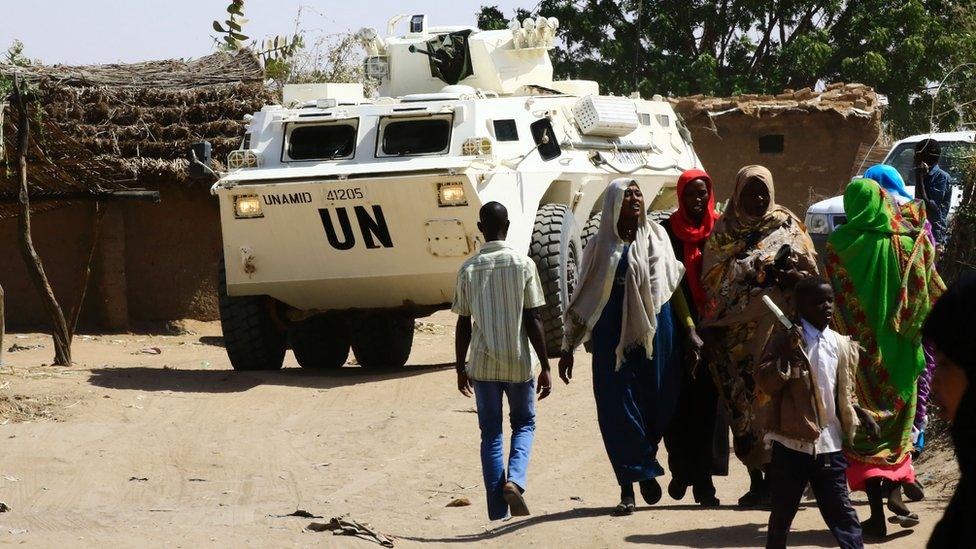
The US says Sudan has improved its access to people in need of humanitarian aid
The US will reduce some sanctions imposed on Sudan, President Barack Obama has announced.
The White House said the move was intended to acknowledge Sudan's efforts to reduce internal conflict, improve humanitarian access to people requiring aid and curtail "terrorism".
The president signed an executive order implementing the measures on Friday.
The move is been seen as an effort by Mr Obama to strengthen ties with Sudan before he leaves office.
The White House in a statement said the easing of sanctions will be delayed by 25 weeks in order to give further incentives to the Sudanese government to continue its reforms.
Mr Obama said in a letter to members of Congress that sanctions introduced by President Clinton relating "to the policies and actions of the government of Sudan have been altered by Sudan's positive actions over the past six months".
Economic sanctions were imposed against the country after the state was labelled a "sponsor of terrorism".
The penalties being suspended could be re-imposed if Sudan were seen to backtrack on any progress.
The actions recognised by the US include the move by South Sudan to deny safe haven to South Sudanese rebels.
Despite the move by the outgoing Obama administration, Sudan is expected to remain on a list of state sponsors of terrorism.
In 2009, Sudan's President Omar al-Bashir was indicted on war crimes charges, the first to be issued by the International Criminal Court (ICC) against a sitting president.

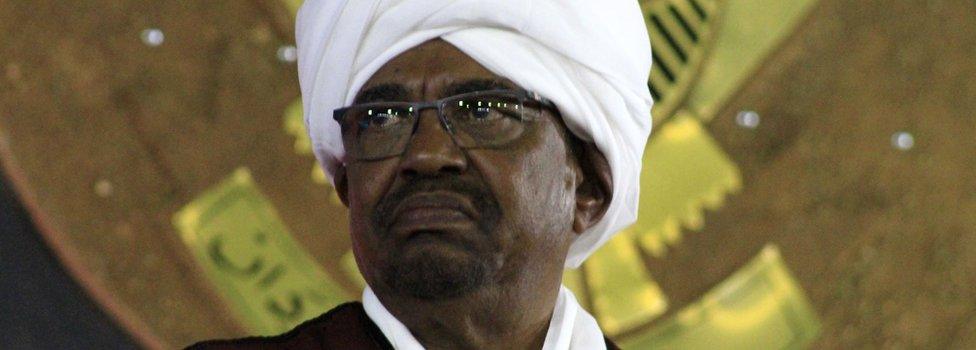
Sudanese President Omar al-Bashir
An important first step - by James Copnall, BBC World Service Africa Editor
The US foreign policy establishment has been split between those who advocate greater engagement with Sudan, and those who believe it is morally wrong to deal with what they consider a genocidal regime.
Easing sanctions shows that the realpolitik wing - which in my experience has deeper knowledge of Sudanese affairs - holds the upper hand.
There are legitimate questions over whether Sudan has really passed the series of tests set by the Americans in areas such as stopping aerial bombardments, opening up the political arena to dissidents and improving humanitarian access to conflict areas.
However, it is clear that the sanctions, which have been in place for so long, have not brought about political change in Sudan and have hurt the people more than the politicians, a point made by Sudanese campaigners in recent months.
For Sudan, which is struggling with an economic crisis, the attraction of the policy change is obvious.
Questions remain.
Will the Trump administration continue this new policy left to them by Obama's team? Activists from all parts of the US political spectrum are implacably opposed to the Islamists who run Sudan, and may try to exert pressure to reverse this decision.
And would the US really be prepared one day to fully normalise relations with Sudan if the ICC-indicted Omar al-Bashir is still president?
That's for the future. For now, this announcement is an important first step towards a better relationship between the US and Sudan.

Human rights activists in the US have in recent years been strongly critical of President Bashir's record in the western region of Darfur.
The area has for many years been plagued by tensions between mostly nomadic Arabs and farmers from the Fur, Massaleet and Zaghawa communities who have complained of persecution.
Administration officials first raised the possibility of a reduction in sanctions in the autumn.
- Published2 July 2015
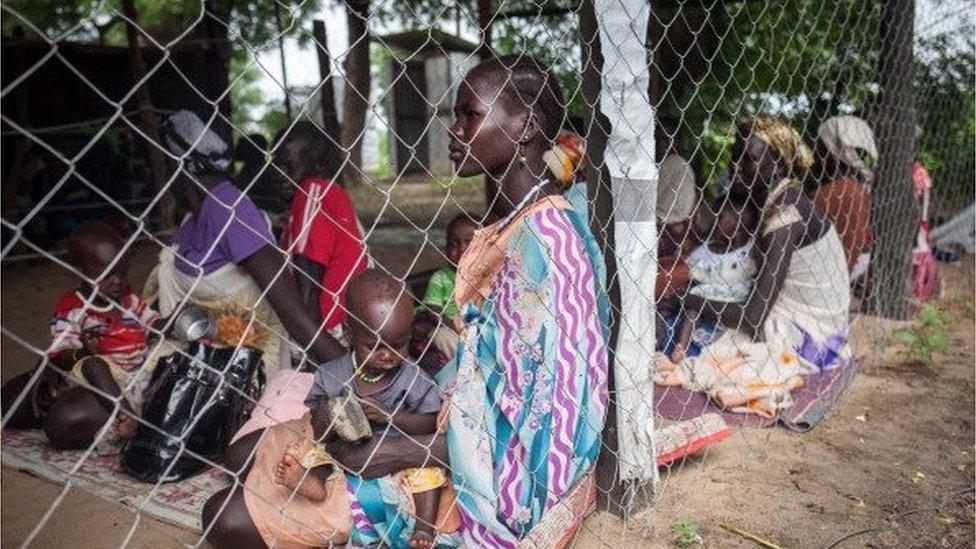
- Published21 July 2016
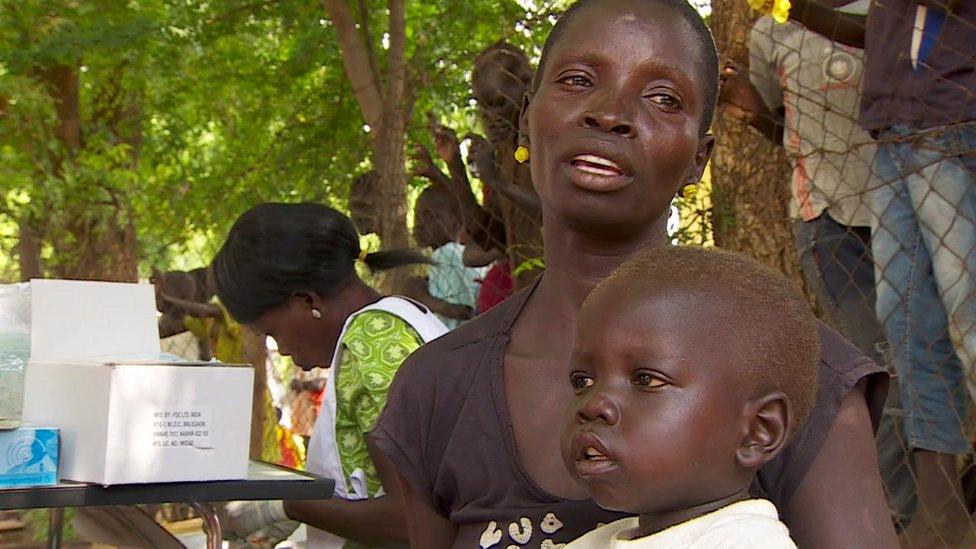
- Published13 September 2023
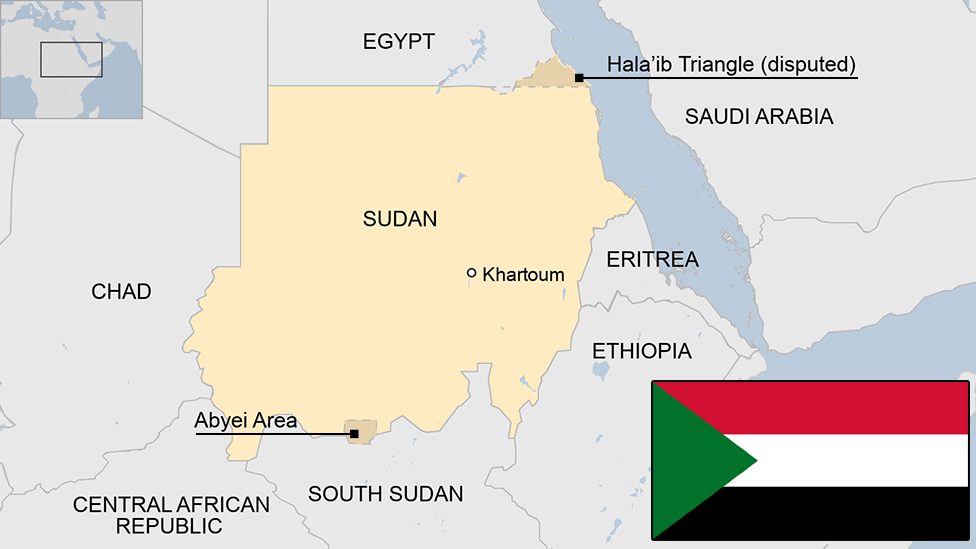
- Published10 September 2019